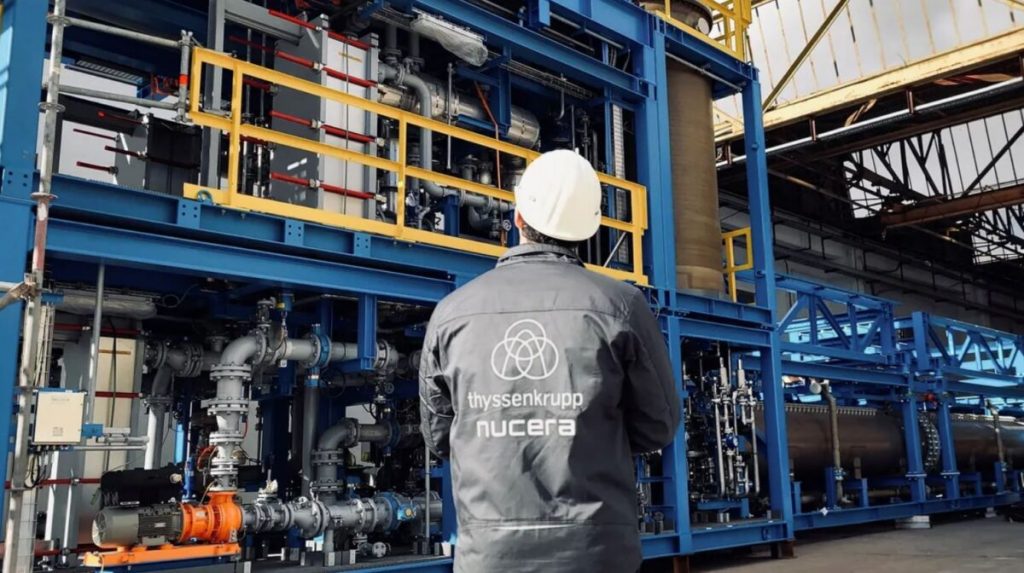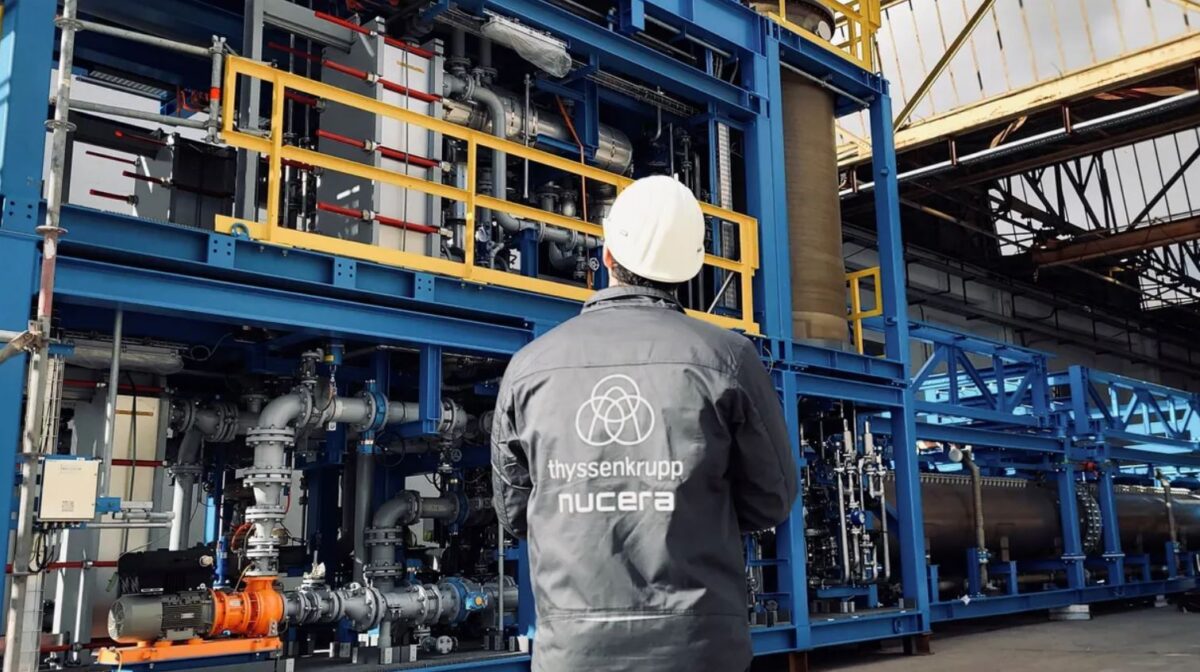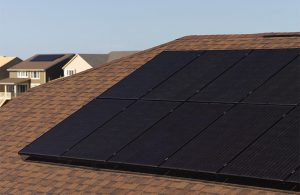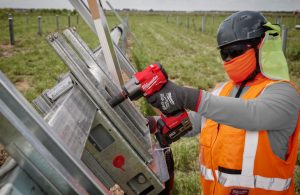Northern Europe can produce green hydrogen – pv magazine International


Image: Thyssenkrupp Nucera
LUT University scientists have found that imported hydrogen produced through electrolysis is costlier than domestically produced electricity-based hydrogen in Germany and Finland. Transportation expenses make up 29% to 63% of the total cost of imported e-hydrogen. Importing fuel in the early 2020s was 39% to 79% higher in Germany and 34% to 100% higher in Finland compared to domestically produced e-hydrogen. They predict that by 2050, imported e-hydrogen could be 39% to 70% more expensive in Germany and 43% to 54% more expensive in Finland.
TotalEnergies and VNG have partnered to supply green hydrogen to TotalEnergies’ Leuna refinery. The agreement involves producing green hydrogen from renewable electricity using a 30 MW electrolyzer in German, operated by Uniper. TotalEnergies said that the pipeline connection to the Bad Lauchstädt Energy Park will provide the Leuna refinery with access to the future European hydrogen infrastructure and international markets.
Cepsa and Yara Clean Ammonia have formed a commercial partnership to establish a green hydrogen maritime corridor linking the ports of Algeciras and Rotterdam. As part of the alliance, Yara Clean Ammonia joins the Andalusian Green Hydrogen Valley, where Cepsa intends to construct a green ammonia plant near the port of Algeciras. The Spanish company, a subsidiary of the Mubadala group, said it plans to invest €1 billion ($1.08 billion) in the project.
The International Air Transport Association (IATA) said it will meet its net-zero commitment by 2050 through a combination of policies, including hydrogen propulsion solutions. “New aircraft such as blended-wing bodies demonstrated with full-scale working prototypes, electric/hydrogen for short-haul markets” should become available by 2040, while the needed hydrogen infrastructure should become available by 2045.
Thyssenkrupp Nucera said another company has signed a reservation agreement for its alkaline water electrolyzers to produce green hydrogen for an unspecified North American project. “A company has contractually secured the supply of the standardized 20 MW scalum electrolysis modules with a total installed capacity in the high multi-hundred-megawatt range,” said the German company.
Schneider Electric and H2-Enterprises have agreed to explore and develop clean hydrogen solutions for energy supply and management in buildings in the Middle East and Africa. Earlier this year, H2-Enterprises signed an MoU with Madayan to develop a waste-to-hydrogen plant in conjunction with PV solar power plants with base-load capacity in Oman.
Mitsubishi has set up Eneco Diamond Hydrogen in Rotterdam, the Netherlands, to develop green hydrogen and associated renewable energy in Europe.
This content is protected by copyright and may not be reused. If you want to cooperate with us and would like to reuse some of our content, please contact: editors@pv-magazine.com.





